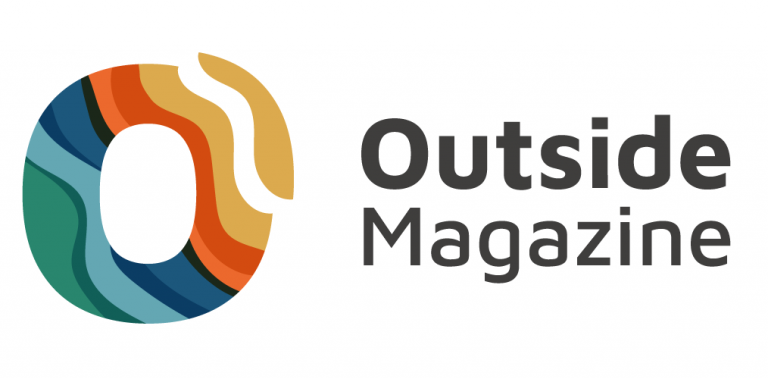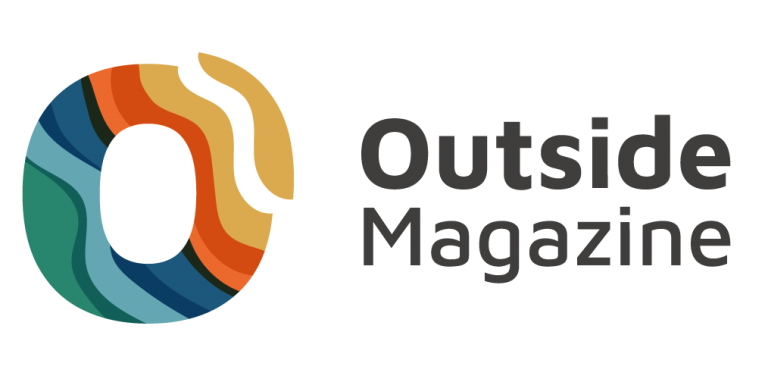Digital media has evolved into a powerful tool for shaping societal narratives, often determining how inclusion, diversity, and marginalized communities are perceived. In this context, content creators and platforms bear increasing responsibility for fostering constructive, representative, and peaceful discourse. Projects like Include Me are emerging as vital initiatives aimed at transforming the digital space into one that reflects the true diversity of European society.
Include Me is dedicated to amplifying the voices of underrepresented groups—particularly refugees, immigrants, and minorities—through strategic media campaigns and collaborations with journalists, content creators, and civil society organisations.
From the perspective of Outside Media & Knowledge, one of the German partners of the Include Me project, the initiative represents a significant step towards ensuring that digital media in Germany fully embraces its social responsibility. As a company engaged in media knowledge and digital strategies, Outside Media & Knowledge is particularly invested in fostering inclusive and diverse digital ecosystems that accurately represent marginalized communities.
The Include Me project aligns with their belief that digital platforms must serve as more than just commercial spaces—they should be drivers of positive social change. This involves ensuring that the voices of underrepresented groups, such as immigrants and refugees, are not only included but amplified. From this partner’s viewpoint, the project is crucial in addressing gaps in representation, pushing digital content creators to rethink how they can build narratives that promote peace, social cohesion, and inclusivity.
Germany’s Role in Shaping Inclusive Digital Media Narratives
Digital Media and Social Responsibility
Social media platforms and influencers in Germany are playing a critical role in shaping public narratives on inclusion and diversity. These influencers, who hold considerable sway over digital audiences, are now expected to adhere to ethical standards in content creation, particularly around peacebuilding and social cohesion. The Aspen Institute Germany has highlighted the growing responsibility of influencers in countering disinformation and fostering democratic discourse, especially during crises. These efforts aim to eliminate harmful stereotypes and promote narratives that build peace and social harmony (Aspen Institute Germany)(euronews).
Peacebuilding and Inclusivity Narratives
A key trend in Germany’s digital space is the use of platforms for peacebuilding and promoting inclusivity. Social media campaigns increasingly focus on marginalized communities, such as refugees, LGBTQ+ individuals, and ethnic minorities. Content creators in Germany often use their platforms to counter negative portrayals of these groups and advocate for social justice, contributing to the broader effort to combat discrimination
Representation and Diversity in Media
Germany’s digital media platforms, including YouTube and Instagram, have become crucial spaces for fostering diverse representation. Creators from underrepresented communities, such as people with disabilities and immigrants, are using these platforms to share their stories, offering a counterbalance to traditional media’s limited representation. This shift is vital for producing more inclusive narratives that reflect the real experiences of a broader spectrum of society (CDRI).
Countering Extremism and Hate Speech
Germany’s digital media sector is also under growing pressure to combat hate speech and extremist content. The European Digital Services Act (DSA) has introduced stricter regulations, requiring platforms to remove harmful content, particularly that which targets ethnic or religious groups. By holding platforms accountable, these measures seek to create a more inclusive and peaceful digital environment (Bundesnetzagentur)(euronews).
These initiatives reflect a broader commitment in Germany to leverage digital platforms for social change. As discussions between government agencies, influencers, and the public evolve, digital media’s role in fostering a more inclusive and diverse society becomes increasingly prominent.
 Funded by the European Union. Views and opinions expressed are however those of the author(s) only and do not necessarily reflect those of the European Union or the European Education and Culture Executive Agency (EACEA). Neither the European Union nor EACEA can be held responsible for them.
Funded by the European Union. Views and opinions expressed are however those of the author(s) only and do not necessarily reflect those of the European Union or the European Education and Culture Executive Agency (EACEA). Neither the European Union nor EACEA can be held responsible for them.





